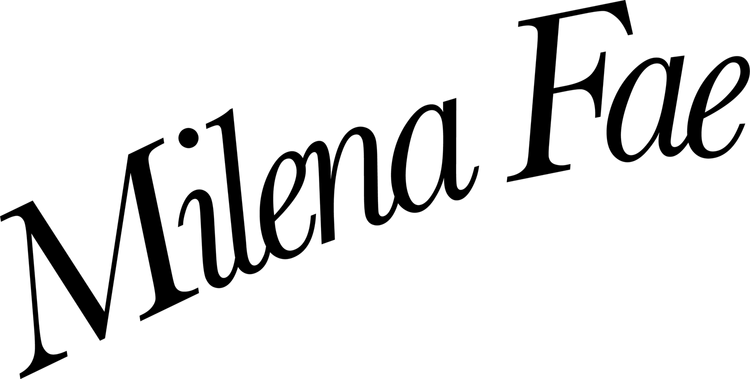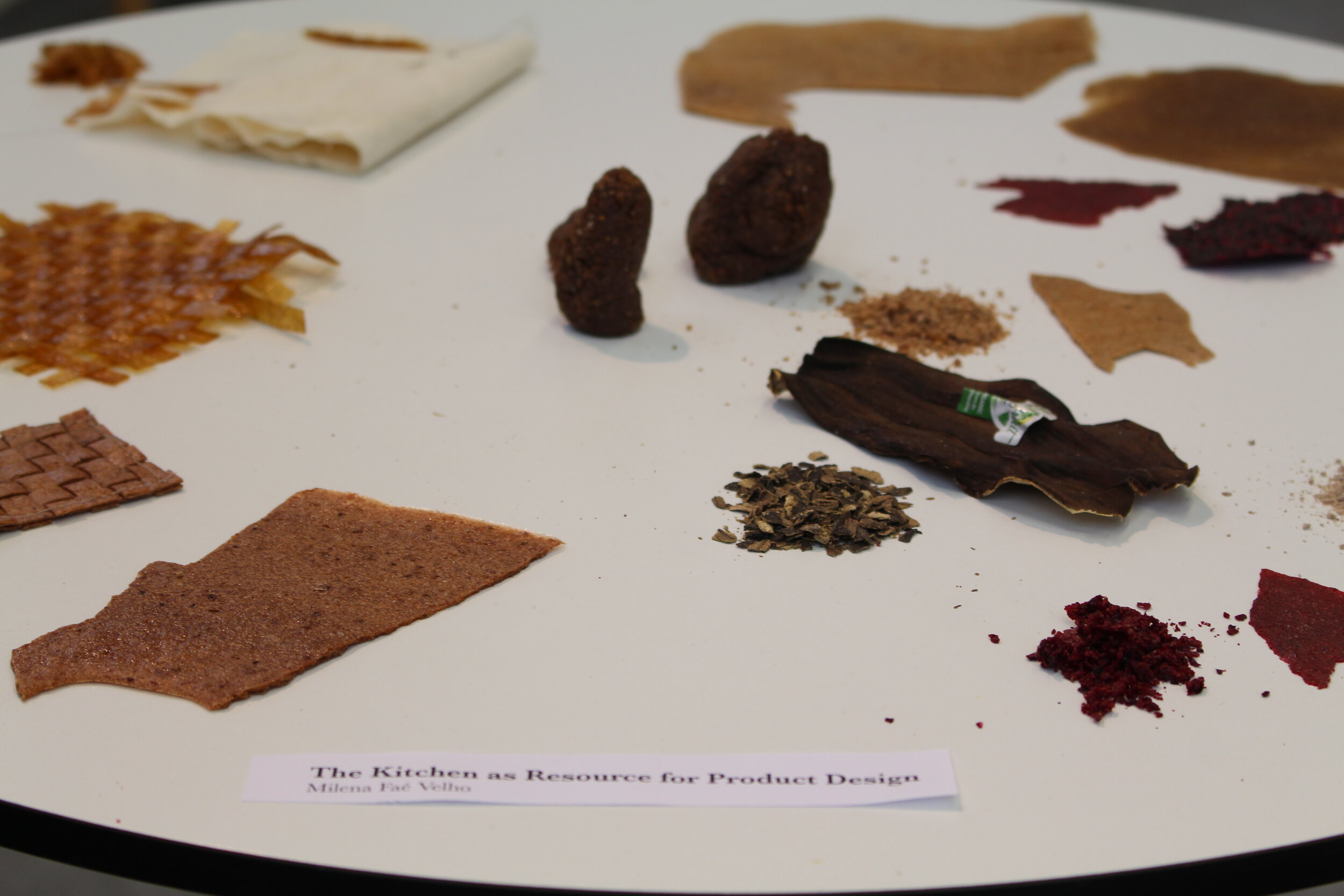KITCHEN AS RESOURCE FOR PRODUCT DESIGN
In my design perspective, to design is like cooking a fancy dinner out of an empty fridge. To make the most with the least resources. And this is the argument that guided my master thesis in design Towards the Chaos - in sugar I built objects embodied with ephemerality.
If we need the consumption to keep industries and the system rolling, perhaps taking the afterlife of products into consideration could be a way towards less carbon footprint industry? This project is, then, an experimentation of a previous method - the method of using edibles to go towards ephemerality on textile and product design.
Surface made out of dehydrated overly ripe (wasted) bananas.
This is an artistic research project that tests wasted fruits as materials for surfaces through a technique of dehydrating fruit purees, resulting on a shiny surface. This project also works as a suggestion to channel fruit waste into creating surfaces to replace synthetic materials, like sequins, for example. So,
How can we channel fruit waste into fashion design?
The purpose of this artistic research is to combine the issues of fruit waste and synthetic surfaces in fashion, not to deliver a finished and commercialised product, while exploring the possibilities of the kitchen (its ingredients such as its equipments) in a design context.
Dehydrated apple puree made into sequins.
A significant body of research was built. I keep on experimenting, researching and testing the possibility of adding organic materials into fashion/product design, making products last less as waste and hopefully raise reflection about future of textiles.
Table with experimentations.
Surface made with bananas and oranges.
The content of the research was transformed into a publication. This project was part of the free standing course I took at HDK in the fall semester of 2019/20 called EAT - Materiality, Food Culture and Design.




